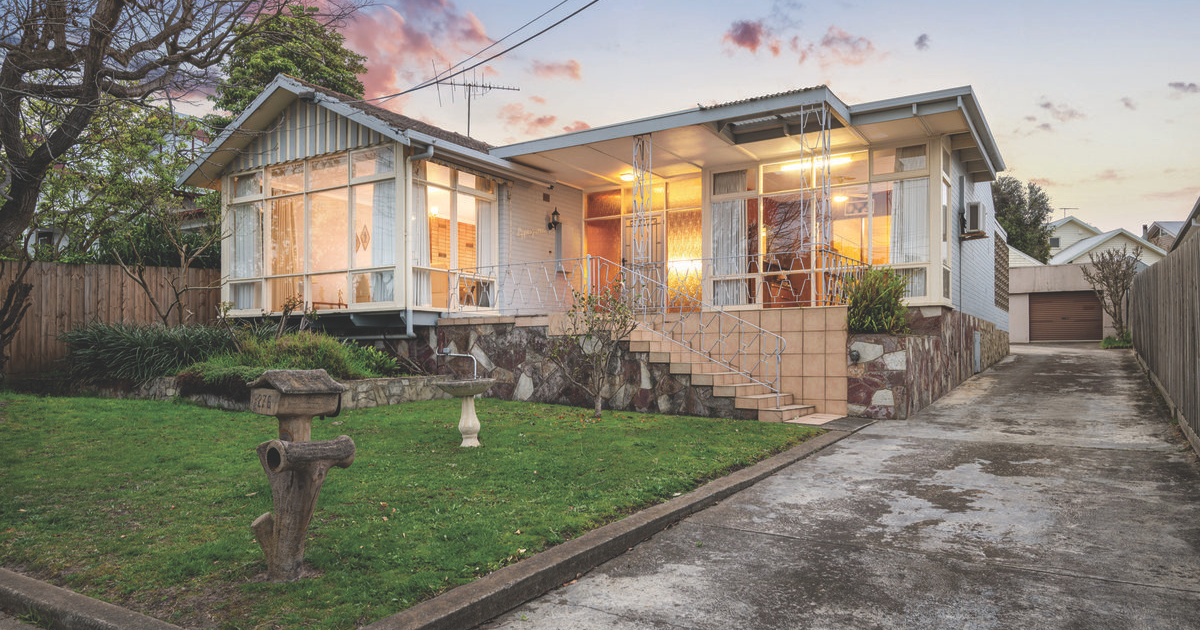Home gas appliance replacement bans eased, pushed back

Victorian Premier Jacinta Allan and Victorian Energy Minister Lily D'Ambrosio inspect a hot water system at a home in Reservoir on Tuesday this week. Photo: JOEL CARRETT/AAP IMAGE
Victorian home owners will not have to replace gas heaters and hot water systems with electric models when they break down under revised state rules.
The Victorian government has ticked off sweeping electrification regulations for homes and businesses.
Under a draft policy from December, Victorian households were expected to have to switch gas hot water and heating appliances to electric versions at the end of their life.
The preferred option excluded gas cooktops.
But the incoming rules, announced on Tuesday this week, have been altered to grant exemptions for upgrades that are too expensive or cannot fit, allow broken-down gas hot water heaters to be repaired and let systems be removed and reinstalled during renovations.
In another backdown, those who own and live in their own home will no longer be subject to replacement bans for gas heating.
The changes were supposed to come into force in 2026 but have been pushed back to March 2027.
Electric hot water systems would save households about $330 a year or $520 for those with solar, according to government estimates.
All new homes and new commercial buildings – other than industrial, manufacturing and agricultural buildings – will be required to be built all electric from January 1, 2027 as previously planned.
Minimum energy efficiency standards will also be rolled out for rental properties and public housing, including mandatory replacement of hot water systems and heaters at the end of their lives with heat pumps and reverse-cycle air conditioners.
There are no changes to end-of-life replacement gas appliances rules in existing commercial buildings, or the use of LPG by households and businesses.
The revised home and business regulation changes were announced alongside a Gas Security Statement to avoid shortages forecast by the Australian Energy Market Operator for southeastern states by 2029.
The government said its reforms will save just under 12 petajoules (PJ) of gas each year by 2029 and 44PJ by 2035, enough to meet 85 per cent of Victoria’s forecast industrial demand.
Premier Jacinta Allan hailed it as a win-win for households, industry and jobs.
“It’s good for industry, workers, renters and families,” she said on Tuesday.

“We are not just making sure Victoria has the gas it needs – we are reserving it for industry.”
The Greens accused Ms Allan of scaling back ambition on climate action by not including gas heaters on its replacement ban list.
“This will lock people into higher bills and more pollution,” state party leader Ellen Sandell said.
The Energy Efficiency Council, Environment Victoria and Rewiring Australia were more positive, saying the regulations set a benchmark for other states and would ease cost pressures on households and businesses.
“Every Victorian with a gas bill landing on their kitchen table this winter knows how crazy gas prices have been getting,” the council’s chief executive Luke Menzel said.
“We can’t afford not to electrify our space heating in this state.”
Rewiring Australia says its analysis found the average fossil-fuelled Victorian home could save $5,100 per year over the 15-year lifetime of appliances by going fully electric, including solar panels and an electric car.
“By requiring landlords to electrify their investment properties when gas appliances need to be replaced, Victoria’s new standards will crucially reduce energy bills for renters,” Rewiring Australia chief executive officer Francis Vierboom.
“This is vital because renters have little choice in how their home is powered and cannot as easily benefit from cheaper electric alternatives as homeowners.
“Victoria’s efficiency standards are nation-leading and we strongly encourage other states to urgently take similar steps to reduce household bills.”
The Australian Pipelines and Gas Association welcomed fewer outright bans but argued the reforms still risk creating unnecessary red tape, administrative delays and added pressure on households and regulators. – WITH AAP

















